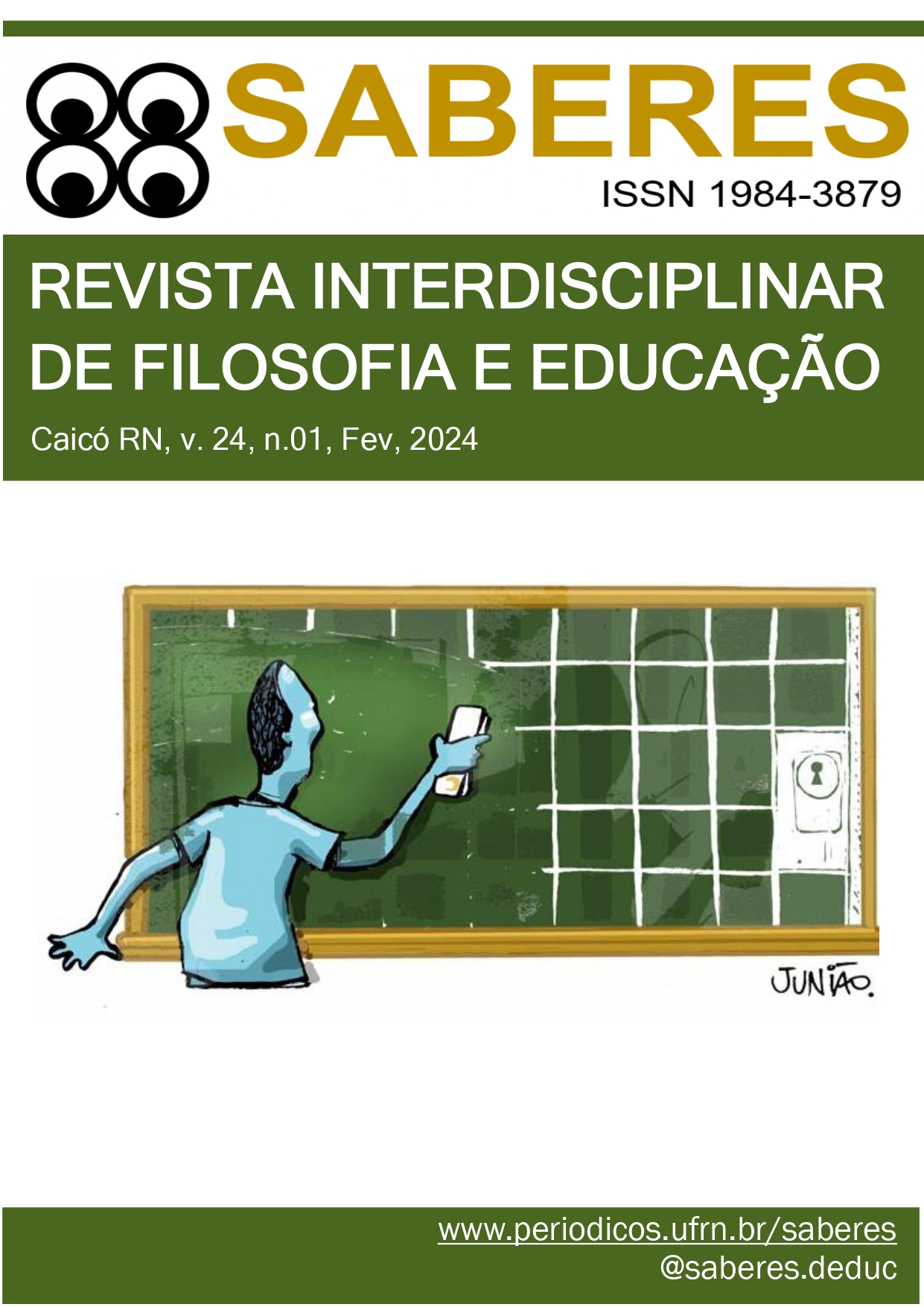VYGOTSKY - SOBRE EL PLURILINGÜISMO EN LA EDAD INFANTIL (1928)
DOI:
https://doi.org/10.21680/1984-3879.2024v24n1ID35736Keywords:
Psychic and Cognitive development, Childhood plurilingualism, Language influence, Monoglot expressionAbstract
This article presents a translation, from Spanish to Portuguese, of the text written in 1928 by Lev Semionovitch Vygotsky (1896-1934), a Russian psychologist and proponent of historical-cultural psychology. First published in 1935 in the book titled "Umstvennoie razvitie detei v protsesse obucenia [Intellectual development of children in the educational process], in Moscow, by the publisher Ucpedgiz." By reflecting on plurilingualism in childhood, the thinker discusses its influence on the psychic and linguistic development of children. The importance of both internal and external language in problem-solving processes is emphasized, highlighting its crucial role in cognitive development. The author emphasizes that plurilingualism not only affects the purity of the mother tongue but also influences the emotional and character development of the child. The interaction between different linguistic systems can result in associative inhibitions and conflicts that impact fluency and expression in languages mastered by the child. Epstein argues that the passive use of multiple languages is less detrimental than active mixing, advocating for monoglot expression as ideal. It is concluded that plurilingualism in childhood is a complex topic that requires in-depth investigation, taking into account the age of the children, the coexistence of languages, and pedagogical influence.
Downloads
References
VYGOSTKY, L.S. “Sobre el plurilingüismo en la edad infantil”. In: VYGOSTKY, L.S. Obras escogidas, España: Visor, 2000, p. 341-348.
Downloads
Additional Files
Published
Versions
- 23-08-2024 (2)
- 22-08-2024 (1)
How to Cite
Issue
Section
License
Copyright (c) 2024 Fábio Marques de Souza; Ivo di Camargo Junior, Laís de Sousa Nóbrega Aguiar Pereira

This work is licensed under a Creative Commons Attribution-NonCommercial-ShareAlike 4.0 International License.
Este obra está licenciado com uma Licença Creative Commons Atribuição 4.0 Internacional.
Autores que publicam nesta revista concordam com os seguintes termos:
a. Autores mantém os direitos autorais e concedem à revista o direito de primeira publicação, com o trabalho simultaneamente licenciado sob a Licença Creative Commons Attribution 4.0 que permite o compartilhamento do trabalho com reconhecimento da autoria e publicação inicial nesta revista.
b. Autores têm autorização para assumir contratos adicionais separadamente, para distribuição não-exclusiva da versão do trabalho publicada nesta revista (ex.: publicar em repositório institucional ou como capítulo de livro), com reconhecimento de autoria e publicação inicial nesta revista.
c. Autores têm permissão para publicar e distribuir seu trabalho online (ex.: em repositórios institucionais ou na sua página pessoal) após a publicação inicial nesta revista, já que isso pode gerar alterações produtivas, bem como aumentar o impacto e a citação do trabalho publicado (Veja O Efeito do Acesso Livre).
Foram feitos todos os esforços para identificar e creditar os detentores de direitos sobre as imagens publicadas. Se tem direitos sobre alguma destas imagens e não foi corretamente identificado, por favor, entre em contato com a revista Saberes e publicaremos a correção num dos próximos números.


 English
English Español (España)
Español (España) Português (Brasil)
Português (Brasil)



